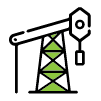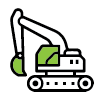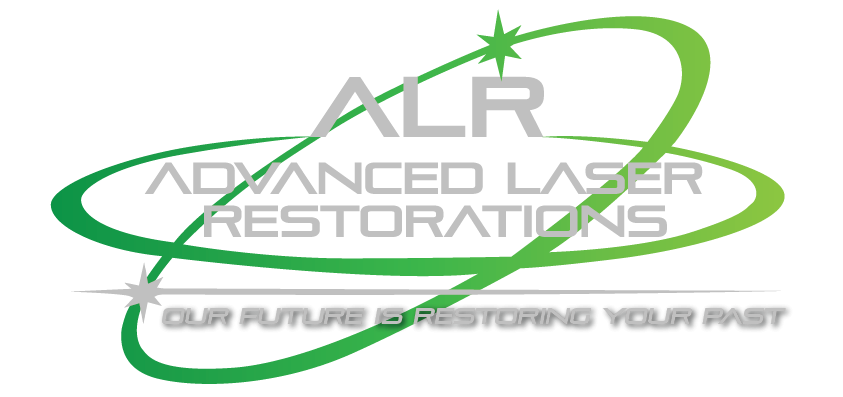
Laser Cleaning Technology
Home >WHAT IS LASER CLEANING?
Laser cleaning is the process of removing undesired material from a solid surface by irradiating it with a laser beam. By absorbing the energy of the laser beam, the targeted material will either turn into a gas and evaporate or the pressure of the interaction will cause the contaminants to break free from the surface. As the surface below does not absorb any energy, it stays untouched. Our laser cleaning technology is safe and eco-friendly.
How does it work?
Laser cleaning works by shooting nanosecond-length pulses of laser light at undesired material. Subsequently, the particles turn into gas, are vaporised, and/or vacuumed away. A fume extractor is used to capture the vaporised residues as they are removed for a dust-free process with minimal clean-up. As the surface below does not absorb any energy, it stays untouched, resulting in zero damage The equipment is designed for safe use in a wide range of applications. For personal safety, the operator and nearby observers wear special laser safety glasses that provide comfortable eye protection, in addition to other simple-to-implement procedures.
Laser cleaning works in the following way:
- The laser sends short pulses of infra-red light to the surface.
- The contamination absorbs the laser light.
- The contamination heats up very quickly.
- The substrate remains cool.
- The difference in temperatures causes the contamination to either turn into a gas or the pressure of the interaction will cause particles to “shred away” from the surface.
- Any remaining residue can be vacuumed off.
- Result: a clean, untouched surface restored to its original condition.
Laser cleaning technology is designed to replace surface blasting or high-pressure hosing and other traditional blasting methods that use materials such as dry ice, sand, glass, or plastic as abrasive agents. Such traditional methods can be costly and messy. Our laser cleaner is fully mobile so it can be moved into almost any location, powered by either a single-phase, 3-phase or 120/220V electrical supply.
Laser cleaning will often not require any disassembly as the components can be cleaned in situ and the laser cleaning head can access many difficult locations. Noise is minimal, and you can usually talk over the top of it.
Applications

Aviation

Automotive

Marine

Utility plants

Mining

Pipelines

Asset maintenance

Construction

Rail

Manufacturing

Medical

Tooling

Machinery cleaning

Food processing

Heritage restoration

Fire/Carbon damage
